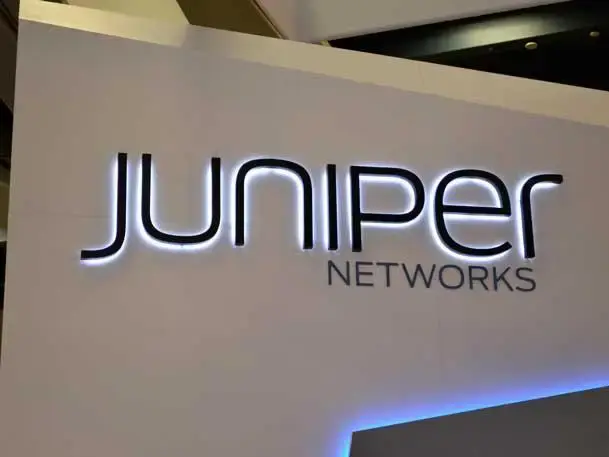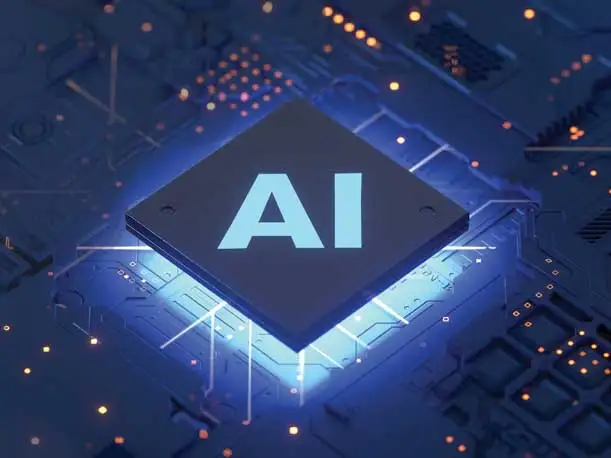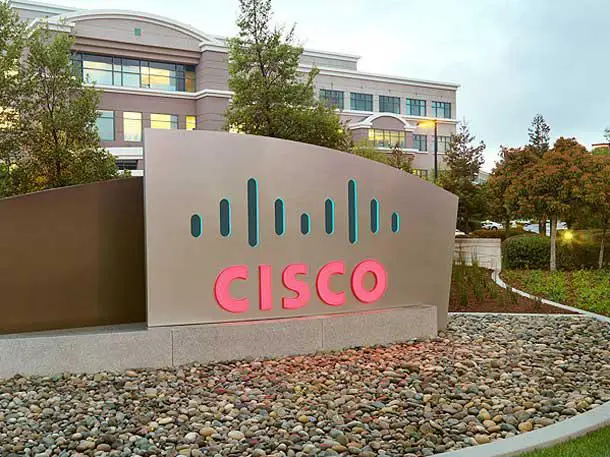HPE’s $14B Juniper Networks Acquisition: 5 Things To Know
From networking and AI implications, to what the megadeal means for the competition, here are five things to know about the $14 billion HPE/Juniper Networks acquisition.

Hewlett Packard Enterprise and Juniper Networks revealed on Tuesday evening that the two companies have officially entered a definitive agreement under which HPE will acquire Juniper in an all-cash transaction for $40 per share, representing an equity value of approximately $14 billion.
The news, which was first reported yesterday as a potential megadeal, has widespread implications for the networking industry as two market giants come together. Sunnyvale, calif.-based Juniper Networks is bringing its massive service provider and enterprise campus networking business, as well as its acclaimed Juniper Mist AI portfolio, to HPE.
Spring, Texas-based HPE, for its part, will gain a “highly complementary” AI-native networking business that will advance its own portfolio mix shift toward higher-growth solutions and strengthen its high-margin networking business, the company said.
Now confirmed, here are five things to know about the $14 billion HPE-Juniper Networks deal.

The Price Tag and Fine Print
HPE and Juniper Networks’ definitive agreement revealed on Tuesday has HPE acquiring Juniper in an all-cash transaction for $40 per share, representing an equity value of approximately $14 billion.
Under the terms of the agreement, which has been unanimously approved by the Boards of Directors of HPE and Juniper, Juniper shareholders will receive $40 per share in cash upon the completion of the transaction. The transaction is currently expected to close in late calendar year 2024 or early calendar year 2025, subject to regulatory approvals, the companies said.
The deal is anticipated to be funded based on financing commitments for $14 billion in term loans, according to the companies.

Networking Market Implications
The megadeal between the two companies is expected to double HPE’s networking business, which will create a new, formidable networking leader with a full portfolio for service providers, enterprises, SMBs, and channel partners that will likely give Cisco Systems a run for its money.
The acquisition not only will increase the scope of HPE’s networking business, but it will also mean more opportunities within Juniper’s installed base of customers, which include enterprises, service providers and tier-one cloud customers. The deal will also help HPE move deeper into adjacent networking segments, including data center networking, firewalls, and routers.

The Importance of AI
Sunnyvale, Calif.-based Juniper Networks has been busy transforming the company around software and injecting artificial intelligence into more places in the network since it acquired Mist Systems in 2019. As such, Juniper today is leading with its AI-powered Juniper Mist platform, which competes against Cisco Meraki and HPE Aruba’s own Edge Services Platform (ESP).
AI and hybrid cloud is driving demand for secure and unified networking offerings that can connect, protect, and analyze companies’ data from edge to cloud. HPE doesn’t expect this trend to slow down and the company has been aligning its portfolio to capitalize on these substantial IT trends with networking as a critical connective component, HPE said in a statement on the deal.

What It Means For Cisco
Channel partners told CRN that an HPE-Juniper Networks tie-up takes “direct aim” at Cisco Systems, a fellow networking behemoth. One of the biggest feathers in HPE’s cap after acquiring Juniper will be its Mist AI technology. One partner said that Juniper Mist would “enhance everything we are doing around AI and networking as a service with Aruba.”
Cisco Systems, for its part, has not yet commented on the now confirmed deal.

A Combined Company
The combination of the two companies is expected to achieve operating efficiencies and run-rate annual cost synergies of $450 million within 36 months post close. Following the completion of the transaction, HPE will continue its innovation and go-to-market investments in its own networking business, one of its growth engines.
Upon the close of the deal, Juniper CEO Rami Rahim will lead the combined HPE networking business and will report to HPE President and CEO Antonio Neri.